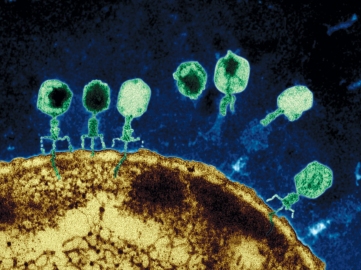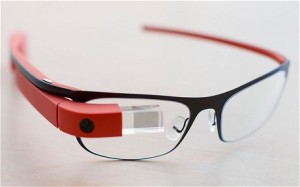Investigating the things that make you feel sick (Biology):

Actually, they are viruses on our cells.
[1- Abbreviated as M. tuberculosis , 2- Hyphae are branches that extend out of fungi, almost like a tree’s branches. An exception to this is the unicellular fungus, yeast, which does not produce hyphae but reproduces by asexual budding].
We’ve all experienced at one point in our lives a cold, flu , maybe even smallpox and if you live in the African continent, maybe malaria has affected your body. The flu, malaria, cold, etc are all classed as diseases.
Pathogens are organisms that cause disease. These organisms include bacteria, fungi, viruses and protoctists which all cause diseases in their own different ways. In this blog post, we’re going to touch on all of these organisms that cause disease, including the curious way in which malarial pathogens cause us to feel sick.
Bacteria are pathogens, disease causing organisms. They are single celled organisms that are very small in size compared to our own host cells but make up for their little size with their ability to reproduce rapidly. In the right conditions, bacteria can divide every 20 minutes. This means that by the end of the day you could have thousands of bacterial cells rampaging throughout your body and causing havoc to it! Bacterial cells cause harm by directly damaging the cells of your body or release waste products that are toxic to us .These waste products are called toxins(poisons). Examples of bacteria are the vibrio cholerae which cause cholera and the Mycobacterium bovis and Mycobacterium tuberculosis1
Although some bacteria cause disease, others do not cause us harm and others are beneficial to us as they are used in the production of making medicines, cheese, yoghurt and other food products (e.g. yeast(a fungus) is used to make wine) and to treat sewage .
Another organism on our list of pathogens is: Viruses. Viruses cause illnesses such as flu and the common cold, which are common to us today. Unlike bacteria, all viruses cause harm to the hosts that they invade, there are no such thing as ‘good viruses’. They cause harm to our cells by entering and invading the cells, taking over the cell machinery some of the organelles and cause the cell to produce more viruses .As the number of viruses produced increases, the cell begins to swell before bursting, releasing the new viruses.

Fungi are also important pathogens. They cause diseases such as athlete’s foot or ringworm. Fungi cause these diseases in a very special way. N the diseases mentioned above, the fungi resides in the skin which sends out hyphae2 which grow to the surface of the skin, producing the characteristic spores that a person with ringworm has on their bodies..
Athletes’ foot is an infectious disease caused by fungi and much like infectious diseases caused by the other pathogens described above, in the fact that infectious diseases can spread. This means in places such as communal showers the fungus can easily be spread, if you’re not wearing the all important flip-flops, as well as by direct contact of the skin with someone who has the condition.
Athlete’s foot can also peel off as well as cause blisters if not treated as it damages the body, allowing other pathogens to enter the body also which could cause a secondary infection.


Protoctists are also very strange pathogens as they cause us illness by entering our cells and feeding on the parts of our cells (i.e. organelles and the membrane) while getting bigger and bigger on the organelles. This is how the malarial protoctists work, by basically trying to empty out our cells.



